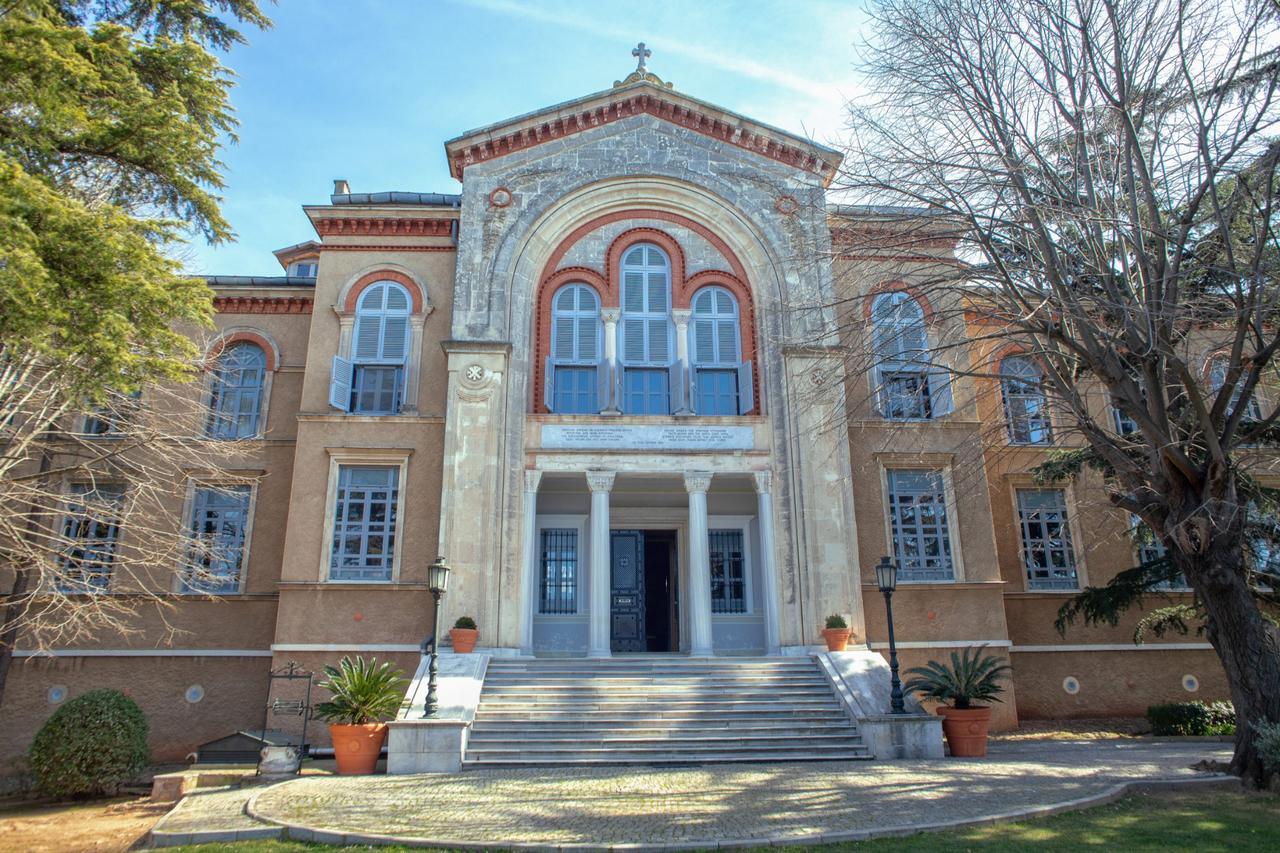
At the White House this week, President Recep Tayyip Erdogan unexpectedly raised the question of reopening the Heybeliada Greek Orthodox Seminary, also known as the Halki Seminary, during talks with U.S. President Donald Trump.
The seminary, which trained Orthodox Christian clergy for more than a century, has remained closed since 1971.
Erdogan said through a translator that Türkiye was ready “to do whatever we can on our part” and added that he would discuss the matter with Ecumenical Patriarch Bartholomew upon his return.
Trump responded by acknowledging the concerns of the Greek Orthodox Church and its request for help.
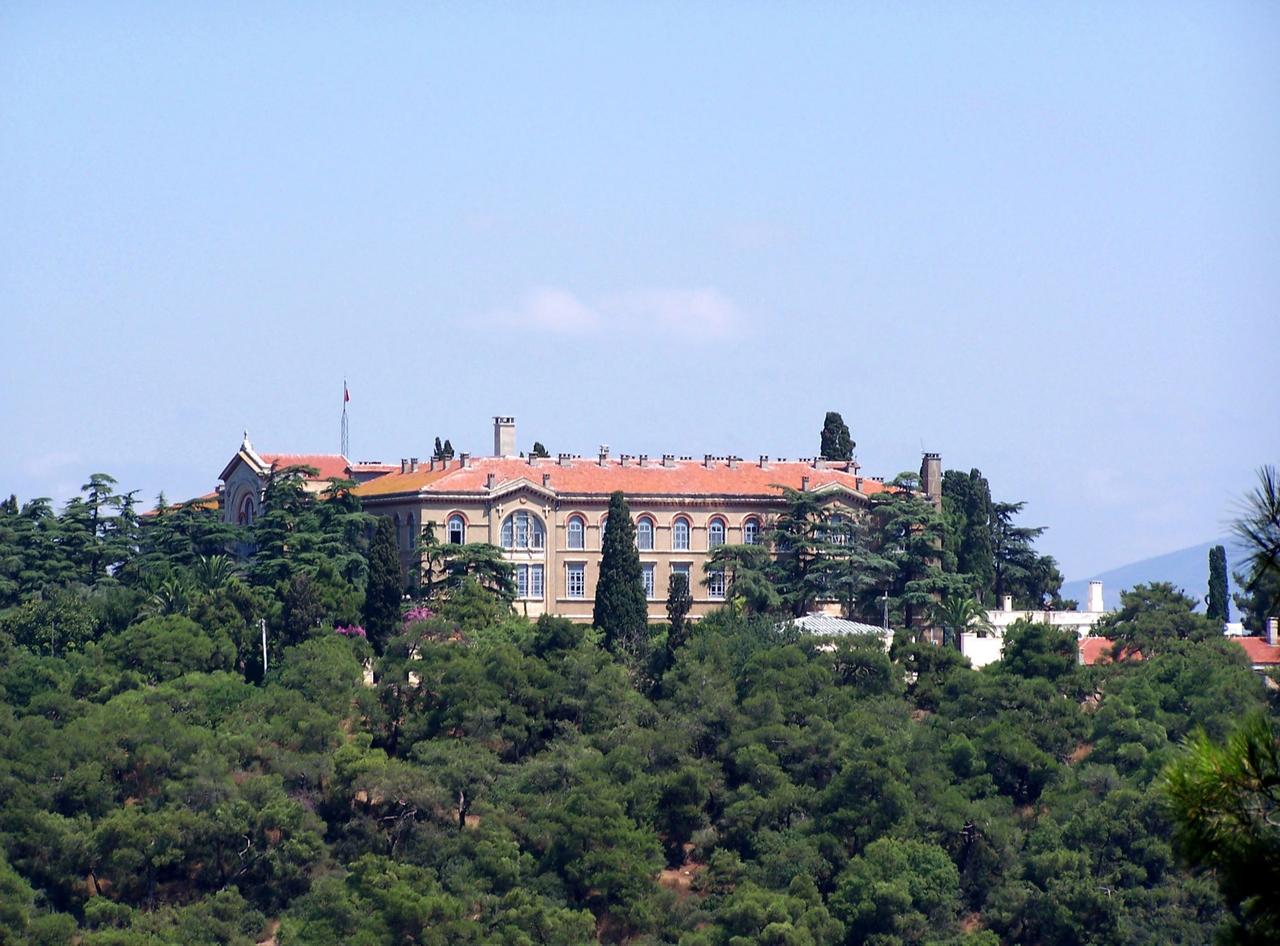
Founded in 1844 on Halki Island (today Heybeliada) in the Sea of Marmara, the seminary operated under the Fener Greek Orthodox Patriarchate.
Known formally as the Higher Orthodox Theological School, it educated clergy for Orthodox communities across the Ottoman Empire and later the Republic of Türkiye.
Its legal status was debated during the Lausanne Peace negotiations in 1922–23, and the school ultimately remained active until a 1971 law regulating private institutions forced its closure.
At that time, it offered four years of high school education and three years of theology.
Many prominent Orthodox figures studied there, including Patriarch Bartholomew, who was born on the nearby island of Gokceada.
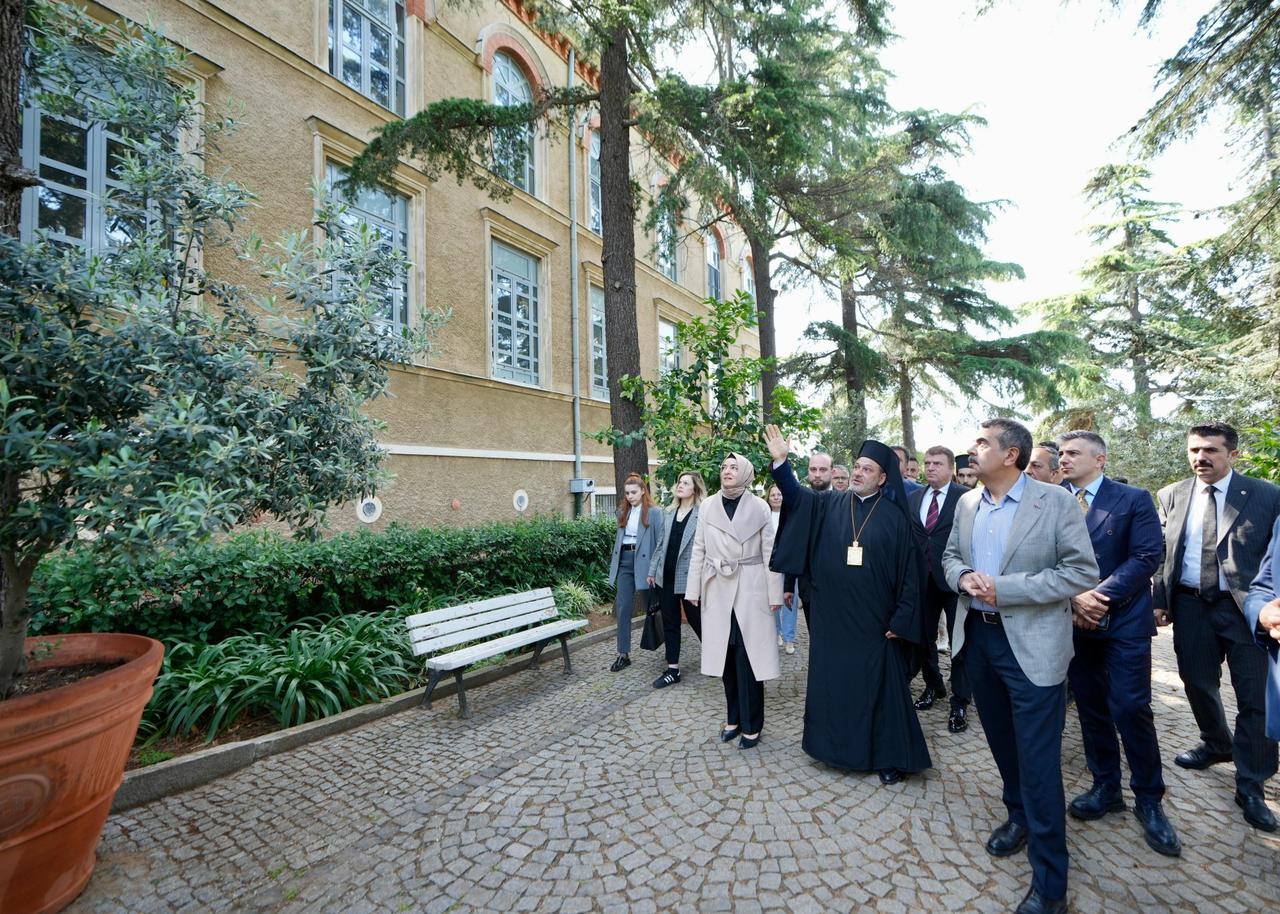
The fate of the seminary has been discussed for decades, particularly during Türkiye’s European Union accession efforts in the 1990s.
The issue resurfaced in May 2024 when Erdogan publicly confirmed that preparations were underway to reopen the school.
Later that month, Education Minister Yusuf Tekin visited the site and expressed personal support for its reopening.
In September 2024, Patriarch Bartholomew told Greek media that he was confident the seminary was on the verge of reopening.
He met Erdogan in Ankara in December, thanking him for the efforts made so far.
Tekin later noted that officials had prepared a draft outlining possible reopening scenarios but emphasized that final approval would depend on political decision-making.
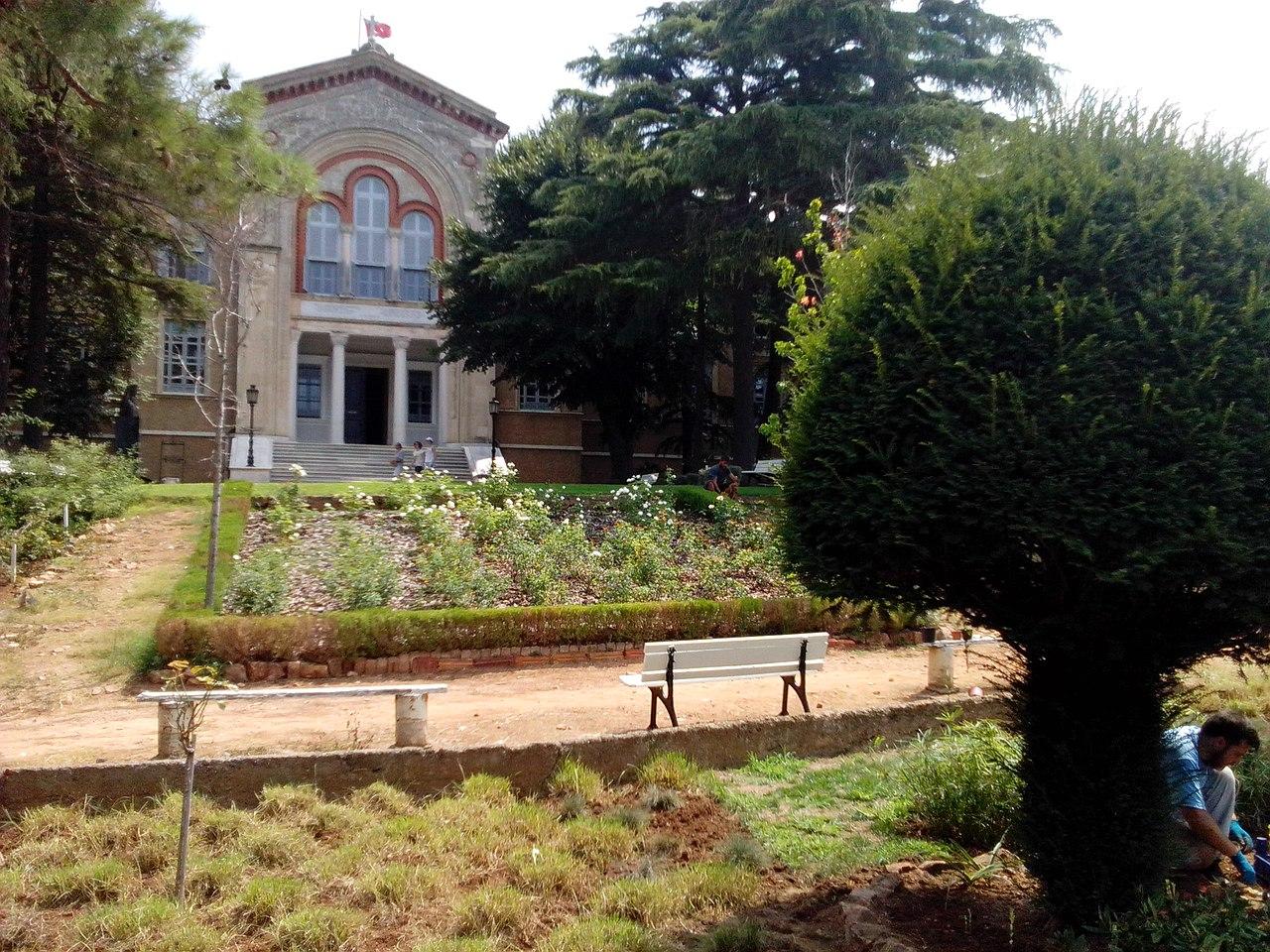
Despite the growing optimism, reopening the seminary has long triggered political debate within Türkiye.
Some critics describe the initiative as foreign pressure from the United States and the European Union.
Victory (Zafer) Party leader Umit Ozdag warned in August 2024 that reopening would amount to “establishing a second Vatican in the middle of Istanbul.”
Others, such as retired admiral and strategist Cihat Yayci, claim the aim is to gain autonomous status.
Former AK Party lawmaker Mehmet Metiner argued that the rights of Muslim Turks in Greece must first be fully respected under the Lausanne Treaty before Türkiye considers reopening the seminary.
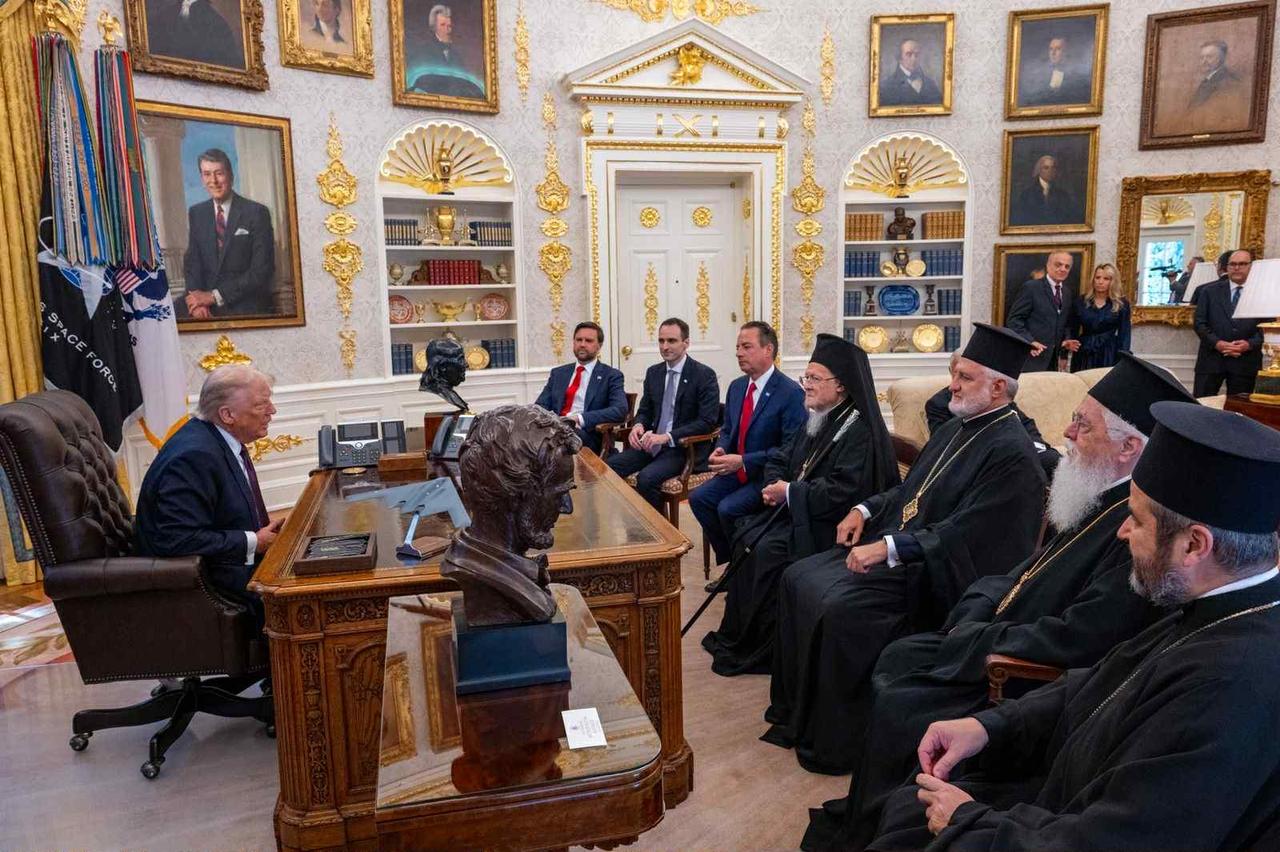
One key issue remains the legal framework under which the seminary could reopen.
Lawyer Kezban Hatemi, who spoke to the BBC Turkish Service, argues there is no legal obstacle, as the seminary was originally founded as a minority vocational school rather than under the later law that led to its closure.
According to Hatemi, different options are under discussion, including reopening as a private high school, a vocational theology institution, or part of a university.
She noted that the Patriarchate’s preference is to restore the pre-1971 arrangement: a private school under the Ministry of Education’s oversight but managed by the Patriarchate.
Community representative Laki Vingas spoke to the BBC Turkish Service, suggesting the institution is unlikely to return as a standard high school or middle school but rather as a specialized body reflecting its global reach, with clergy linked to the Patriarchate from places as far apart as Alaska, Santiago, and Seoul.
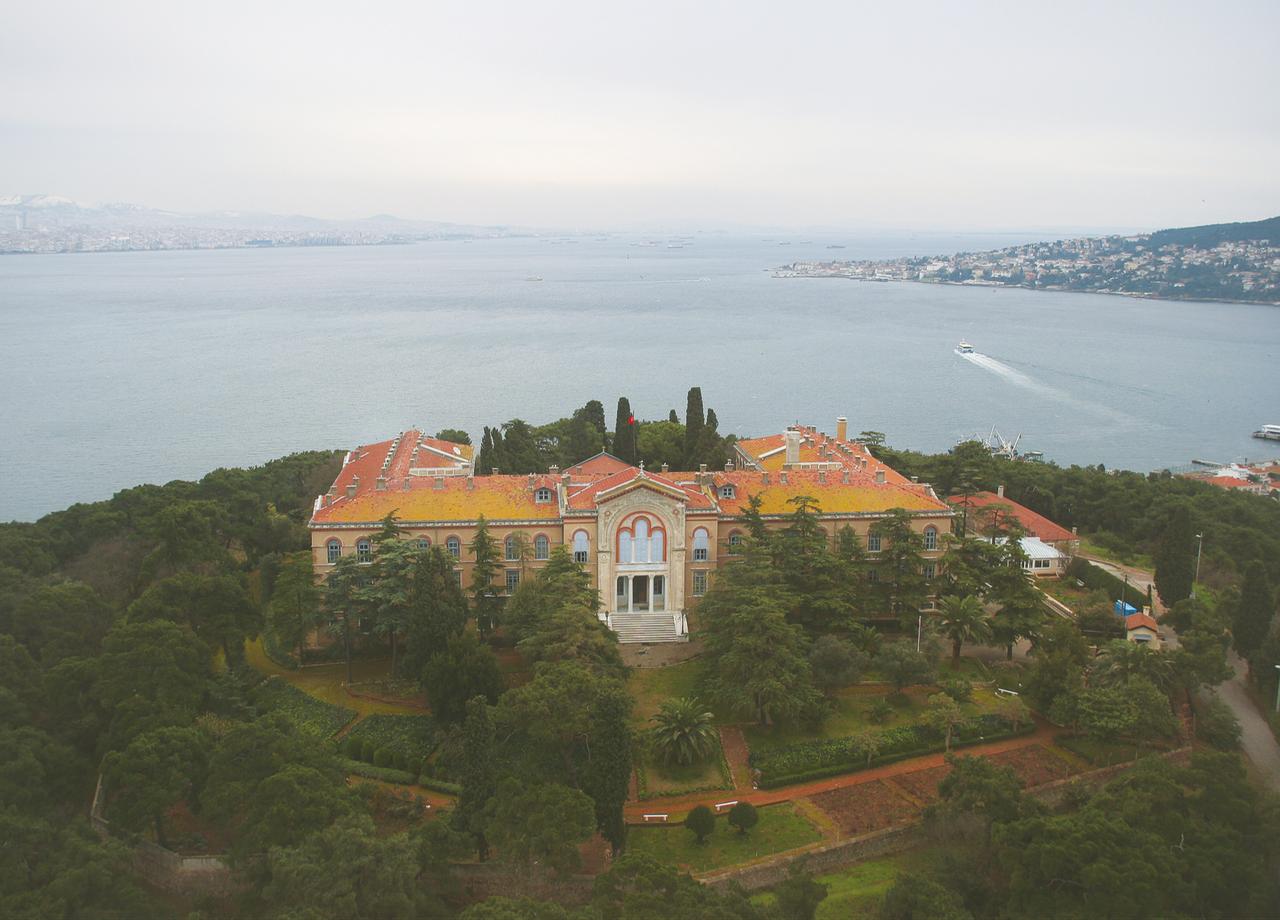
The seminary building belongs to the Aya Triada Monastery Foundation.
According to Vingas, restoration work began recently to reinforce the structure against earthquakes, and the project is expected to finish by 2026.
Supporters hope that political negotiations will conclude by then, allowing the seminary to reopen.
Vingas described the effort not only as reopening a school but also as correcting what he called an injustice.